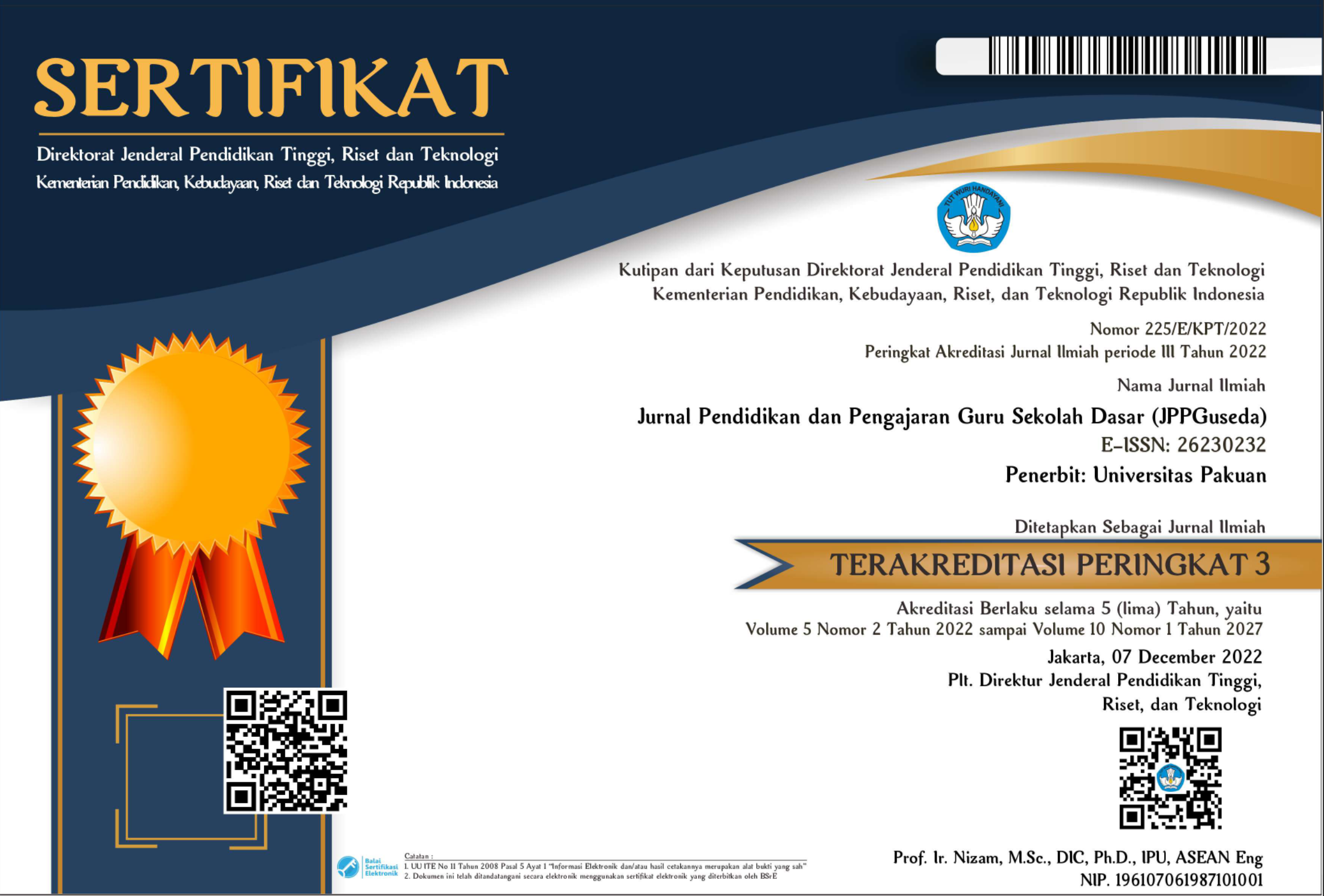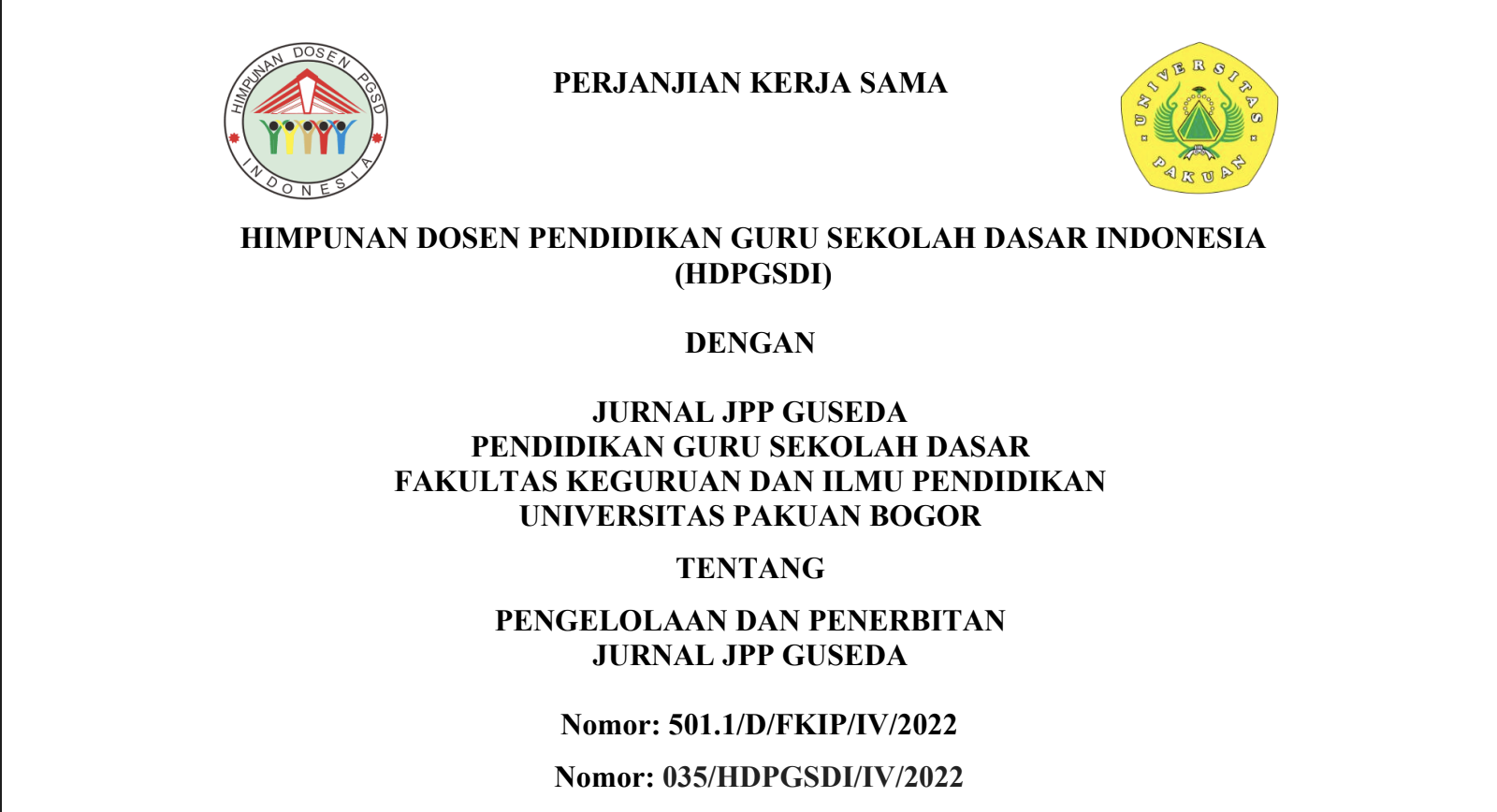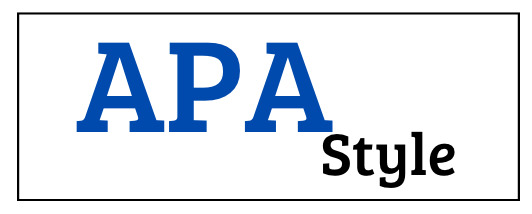THE EFFECT OF GUIDED INQUIRY METHOD ON SCIENCE PROCESS SKILLS VIEWED FROM THE LEARNING STYLES
Abstract
Keywords
References
U. Samatowa, Pembelajaran IPA di Sekolah Dasar. Jakarta: PT Indeks, 2011.
S. B. & A. Z. Djamrah, Strategi Belajar Mengajar . Jakarta: PT Rineka Cipta, 2006.
Syaiful Sagala, Konsep dan Makna Pembelajaran untuk Memecahkan Problematika Belajar dan Mengajar. Bandung: Alfaveta, 2009.
P. Fathurrohman and S. Sutikno, Strategi Delajar Mengajar. Bandung: Refika Aditama, 2018.
Samani, Muchlas, and Hariyanto, Konsep dan Model Pendidikan Karakter. Bandung: PT Remaja Rosdakarya, 2012.
R. Woolever and K.P. Scoot, Active Learning In Social Studies: Promoting Cognitive And Social Growth, Glenview,III . Scooot, Foresman, 1988.
R. J. Dunn, Beaudry, and A. Klavas, “Survey of Research on Learning Styles,” Educational Learning March, pp. 50–58, 1989.
H. W. Marsh, “Big Fish Little Pond Effect on Academic Self-concept,” German Journal of Educational Psychology, vol. 19, pp. 119–128, 2005.
Sudjana, Metode Statistik. Jakarta: Rineka Cipta, 2006.
Kadir, Statistika Terapan: Konsep, Contoh dan Analisis Data dengan Program SPSS/Lisrel dalam Penelitian. Jakarta: Rajawali, 2015.
I. Irawati, M. L. Ilhamdi, and N. Nasruddin, “Pengaruh Gaya Belajar Terhadap Hasil Belajar IPA ,” Jurnal Pijar Mipa, vol. 16, no. 1, pp. 44–48, 2021.
T. Lisnawati, S. Suroyo, and B. A. Pribadi, “Efektivitas Model Pembelajaran Kelompok dan Problem Based Learning pada Studi Sosial Terhadap Hasil Belajar Siswa Berdasarkan Gaya Belajar Siswa Sekolah Dasar,” Jurnal Basicedu, vol. 6, no. 2, pp. 2912–2921, Mar. 2022, doi: 10.31004/basicedu.v6i2.2521.
Mbari, F. Yufrinalis, and T. Nona, “Pengaruh Penggunaan Metode Pembelajaran Inkuiri Terhadap Hasil Belajar Dan Motivasi Siswa. Prisma Sains: Jurnal Pengkajian Ilmu dan Pembelajaran Matematika dan IPA IKIP Mataram,” Prisma Sains: Jurnal Pengkajian Ilmu dan Pembelajaran Matematika dan IPA IKIP Mataram, vol. 6, no. 2, pp. 94–102, 2018, doi: https://doi.org/10.33394/j-ps.v6i2.1019.
Sudaryono, Statistika II : Statistik Inferensial untuk Penelitian. Yogjakarta: Penerbit Andi, 2021.
S. Nugroho, “Pembelajaran IPA dengan Metode Inkuiri Terbimbing Menggunakan Laboratorium Riil dan Virtual ditinjau dari Kemampuan Memori dan Gaya Belajar Siswa,” Dissertation, Universitas Sebelas Maret, Semarang, 2012.
D. S. Setiana, “Komparasi Penerapan Metode Pembelajaran Ctl Dan Open-Ended Dengan Memperhatikan Gaya Belajar Ditinjau Dari Prestasi Belajar Matematika,” SOSIOHUMANIORA: Jurnal Ilmiah Ilmu Sosial Dan Humaniora, vol. 2, no. 2, 2016.
G. Cynthia, “Metode Pembelajaran Smart (Spesific, Measurable, Achievable, Realistic And Time Bound) Terhadap Kemampuan Pemahaman Konsep Matematis Ditinjau Dari Tipe Kepribadian ,” Doctoral dissertation, UIN Raden Intan , Lampung, 2021.
N. R. Rawa, M. Y. Ninu, and Y. U. Lawe, “Pengaruh model inquiry learning terhadap hasil belajar matematika pada siswa kelas IV SD,” Jurnal ilmiah pendidikan citra bakti, vol. 6, no. 1, pp. 35–46, 2019.
DOI: 10.55215/jppguseda.v6i2.8124
 Abstract views : 293
Abstract views : 293
Refbacks
- There are currently no refbacks.
Copyright (c) 2023 Jurnal Pendidikan dan Pengajaran Guru Sekolah Dasar (JPPGuseda)

This work is licensed under a Creative Commons Attribution-NonCommercial 4.0 International License.




















